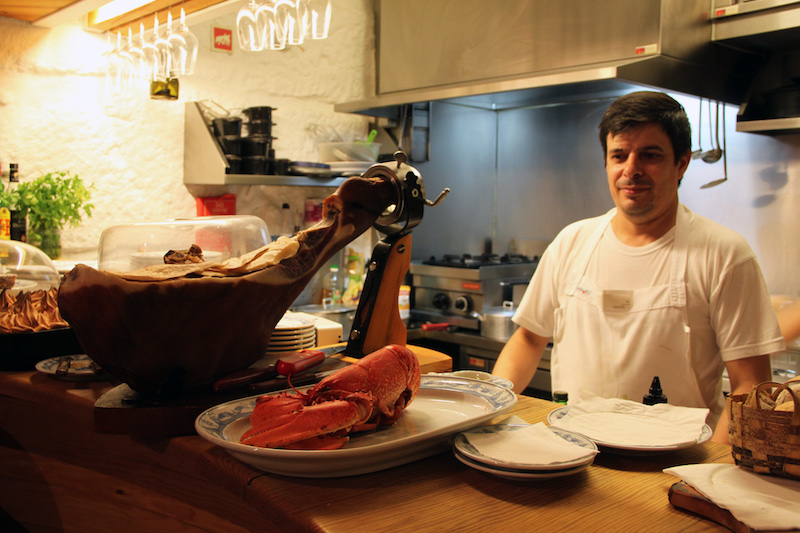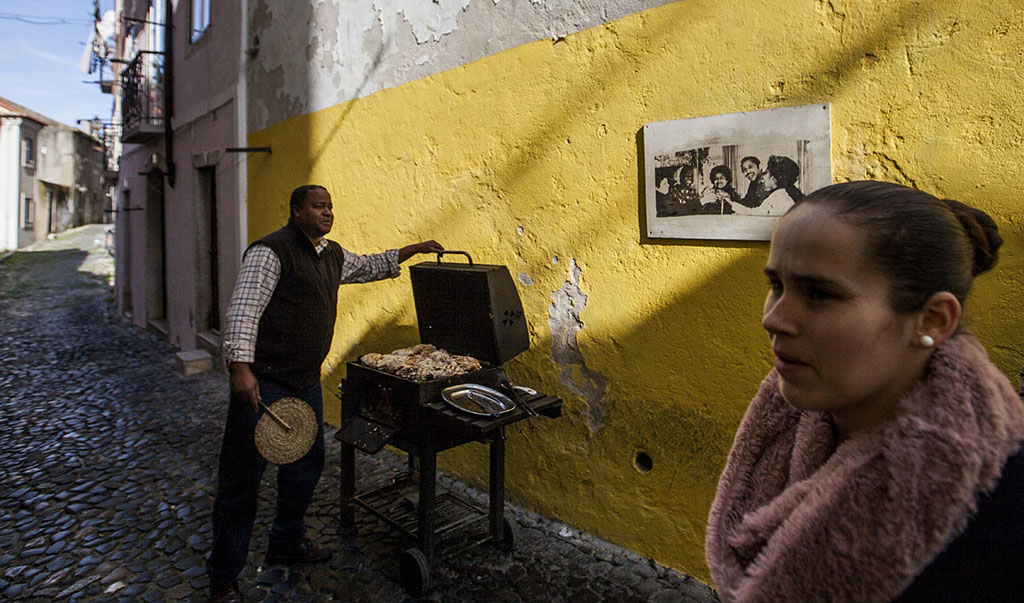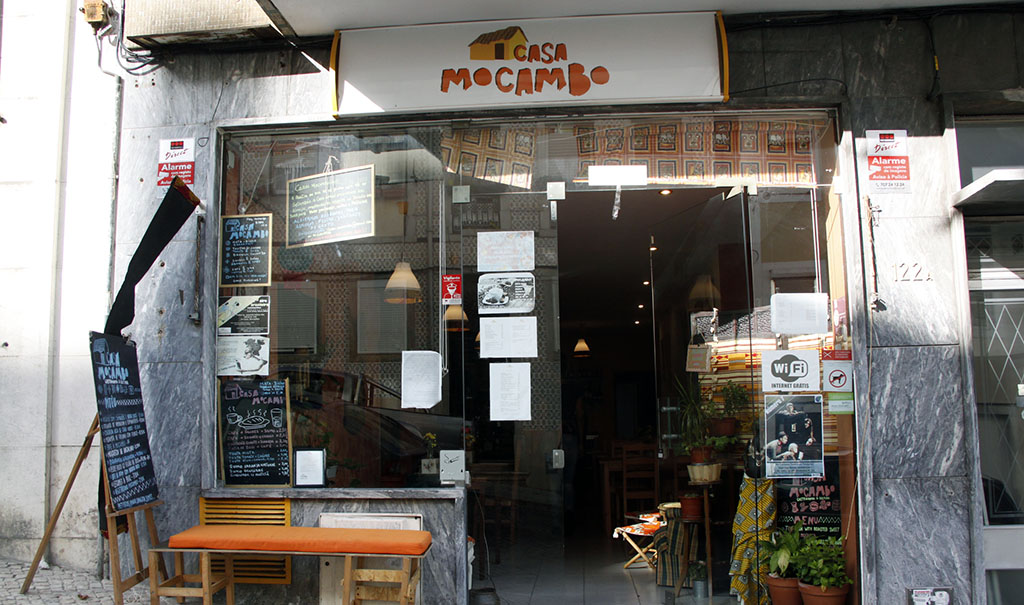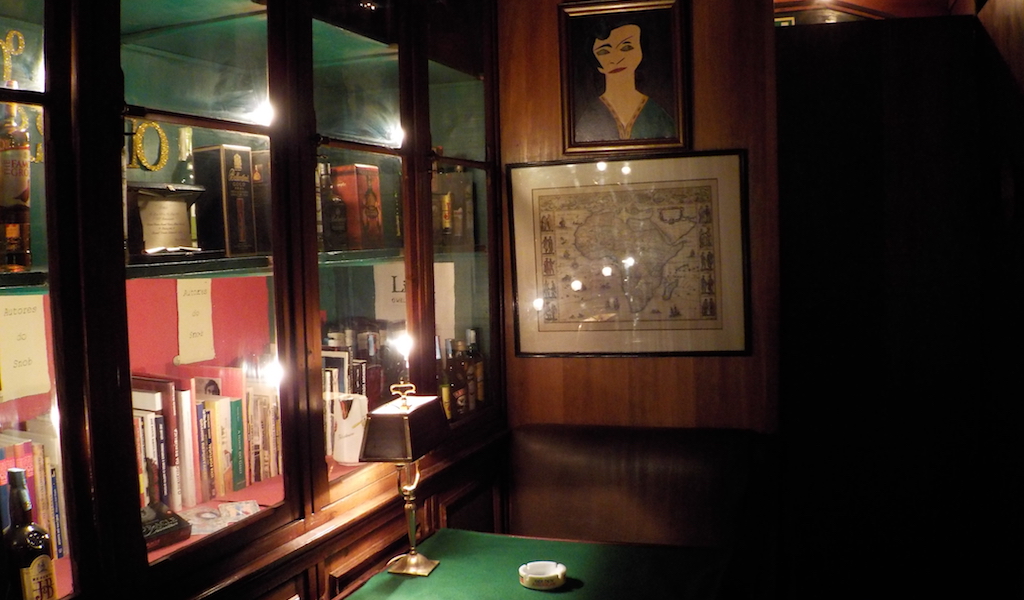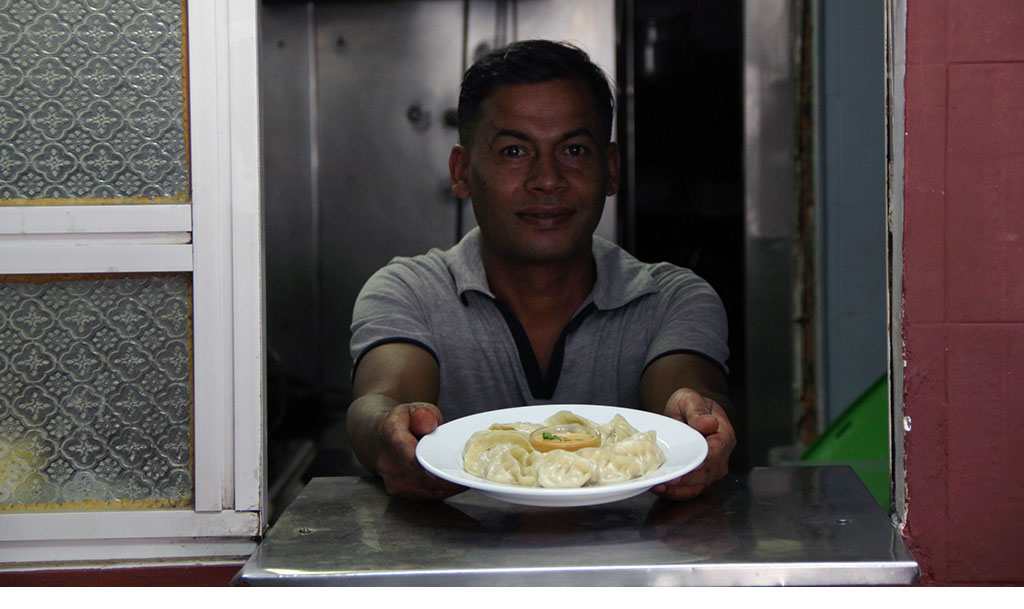We can't find the internet
Attempting to reconnect
Something went wrong!
Hang in there while we get back on track
Search results for "Francesca Savoldi and Syma Tariq"
Porto
Taberna dos Mercadores: Porto in Miniature
Seating around only 20 people, Taberna dos Mercadores is a microcosmic reflection of contemporary Porto: a mixture of high-concept design and traditional food. From a design perspective, the focal point of the small yet comfortable dining room is the ceiling, where white metal supports create the outline of a false dome. Although sculptural in nature, the distinctive design is not merely ornamental but also practical: it doubles as a wine rack, cradling neatly stacked rows of bottles. Wine buffs will be satiated at the diverse but humble selection on offer here, which mainly originate from the Douro valley, the sumptuous growing region that extends from Porto along the Douro River all the way to the eastern border with Spain.
Read moreLisbon
Post-Colonial Lisbon: Mozambique Edition
Lisbon’s communities from Portugal’s former colonies provide the strongest link to the country’s past, when it was the hub of a trading empire that connected Macau in the east to Rio de Janeiro in the west. Though integral elements of Lisbon life, these communities can sometimes be an invisible presence in their adopted land, pushed out to the periphery of the city. With our “Postcolonial Lisbon” series, CB hopes to bring these communities back into the center, looking at their cuisine, history and cultural life. In this third installment of the series, we look at Lisbon’s Mozambican community.
Read moreLisbon
Mozambique in Lisbon: Go Deep
Lisbon doesn’t have an official venue or association supporting or celebrating the Mozambican community and its culture, but there are several groups that organize events in different venues, such as OMM – Organização da Mulher Moçambicana, whose activities are aimed to promote women’s rights and sometimes include solidarity dinners – and the AAM – Associação dos Amigos de Moçambique, which is currently struggling to get a venue to develop their social aid projects and communal activities. One of the venues that often hosts such events is Casa Mocambo. Located on a steep residential road just east of the Graça neighborhood, it is spread out on two floors; the café and restaurant on the ground floor offer fusion Portuguese-PALOP food, with African-focused cultural events (including concerts, performances and poetry) taking place in the basement. Recently the venue exhibited the work of Malenga, a famous Mozambican plastic artist, to much fanfare.
Read moreWorldwide
Mozambique in Lisbon: History
Until 1960, there were many more Portuguese people living in Mozambique than vice versa. Around 80,000 of them were settled there, many because of the Salazar regime’s encouragement of citizens to migrate to its southeast African colony as part of a poverty-reduction program for Lisbon. The first wave of migration from Mozambique to Portugal took place prior to the 1974 Lusaka Accord, the precursor to Mozambican independence, although the details are patchy. A second wave occurred during the violent 1977-1992 Mozambican Civil War, in which a million people died and 5 million more displaced. This already massive crisis was exacerbated by floods in the 1970s and droughts in the 1980s.
Read moreLisbon
Out of Sight: Downtown Lisbon’s Best “Hidden” Bars
Lisbon is a city that knows how to keep a secret. In the early days of World War II, German, American and British spies overran the capital – Portugal was officially neutral during the war – and many of the city’s bars and casinos were hotbeds of international (in)discretion. Later, just before the Carnation Revolution in 1974, many central cafés were meeting points for covert leftist associations. Today, the hidden bars in Lisbon are decidedly less cloak-and-dagger. Yet there is still a real sense of intrigue when you ring the bells of exclusive clubs, private cultural associations and former brothels, and step inside for a hush-hush drink.
Read moreLisbon
Olá Kathmandu: Rei Momo
The road from Nepal to Portugal might be a long one, but in recent years it has become surprisingly well trafficked. Since 2006, the Nepalese presence in Portugal has grown by approximately 400%, concentrated in particular in the metropolitan area of Lisbon, part of an Asian community that in relative terms is the fastest growing in the city. A tight-knit community, the Nepali immigrants often find work through compatriot networks, providing each other with mutual support as they settle into life in Portugal. The food industry in particular is an important gateway into local economic life, with Nepalese-run restaurants, groceries and mini-markets now dotting the Portuguese capital.
Read more